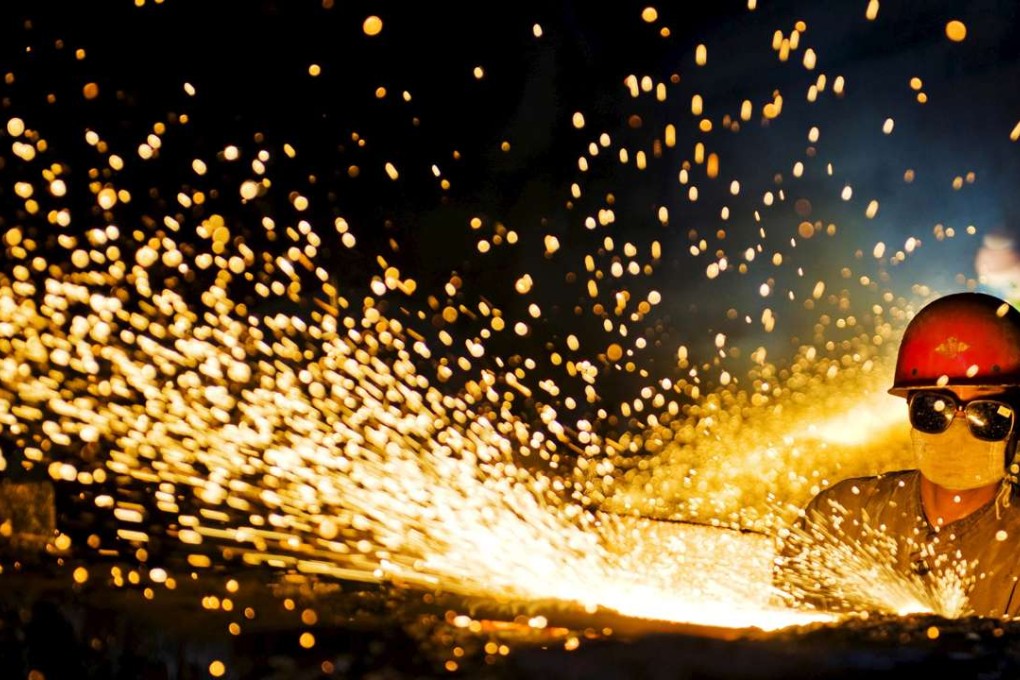Entrepreneurs adapt to the brave new world of diversification
Examples of the effort being made by thousands of small businesses to not only survive, but thrive amid tough times

Restructuring and diversification have become the new buzzwords for China’s entrepreneurs, as they reshape their businesses to match the government’s new economic model of more sustained, less-industrial-led growth.
As the slowdown eats into their profits, mainland companies — from large-scale property developers to mom-and-pop shops — are being forced to seek new opportunities to keep their businesses afloat.
“It’s a do-or-die moment,” said Paul Meng, a 41-year entrepreneur.
“Some small companies are dying and the dire scenario is hurting many business owners’ morale.”
Meng, who formerly owned a small firm dealing with home decoration, opened a restaurant business last year in what he described as a “desperate move” to survive the slowdown and adapt to China’s economy transition.
That shift in economic priorities by Beijing started in late 2012, when it said the “New Normal” would be slower but sustainable growth, with a focus on consumer spending rather than investment and exports.